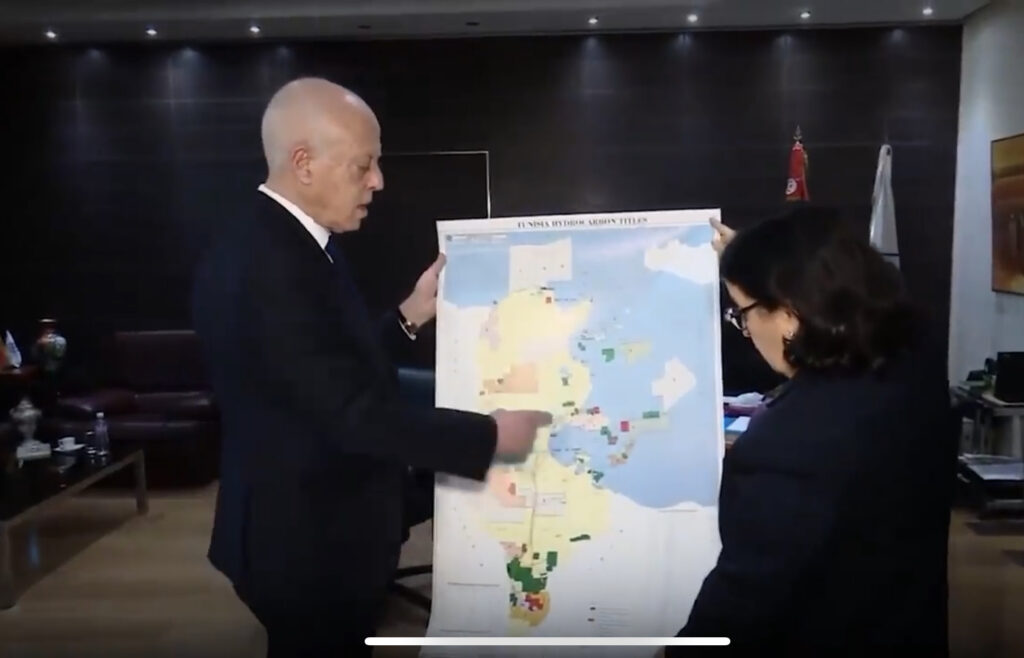Head of the Energy Committee of the Libyan Parliament, Issa al-Oraibi, commented on the statements of Tunisian President Kais Saied regarding the Libyan Bouri oilfield in the Mediterranean Sea.
Al-Oraibi confirmed that the Committee is studying the statements of Tunisian President Kais Saied about the Bouri oil field and the continental shelf, in order to respond officially to them.
Al-Oraibi stressed in a statement to the Libyan News Agency that it is not possible to accept or allow prejudice to the wealth of Libya, which belongs to the Libyan people, under any circumstances or any justification.
On Thursday, Qais Saeed said during a visit to the Tunisian Corporation for Petroleum Activities that his country had only obtained crumbs from the Bouri oil field that could secure their needs and more, adding that there was an intention to share the field with Libya.
While the Minister of Oil and Gas of the Libyan Government of National Unity, Muhammad Aoun, confirmed that the case was settled by a ruling from the International Court of Justice.
Aoun said the case was settled by a ruling from the International Court of Justice, based on a Libyan-Tunisian agreement, and that the two parties accepted the ruling, and that the maritime borders between Libya and Tunisia are defined.
On February 24, 1982, the International Court of Justice in The Hague ruled in the Libyan-Tunisian dispute in favor of Libya with the entire continental shelf, by a majority of 10 votes to four.
After Tunisia applied to the International Court of Justice in The Hague to reconsider the ruling with the intention of amending it, a second ruling was issued on December 10, 1985 rejecting the lawsuit.
The Bouri oilfield is located in the Mediterranean, 120 km north of the Libyan coast, and produces about 23,000 barrels of oil per day.
It is managed by the Mellitah Oil and Gas Company in partnership with the Italian company Eni.
It was discovered in 1976, and production began in 1988.
